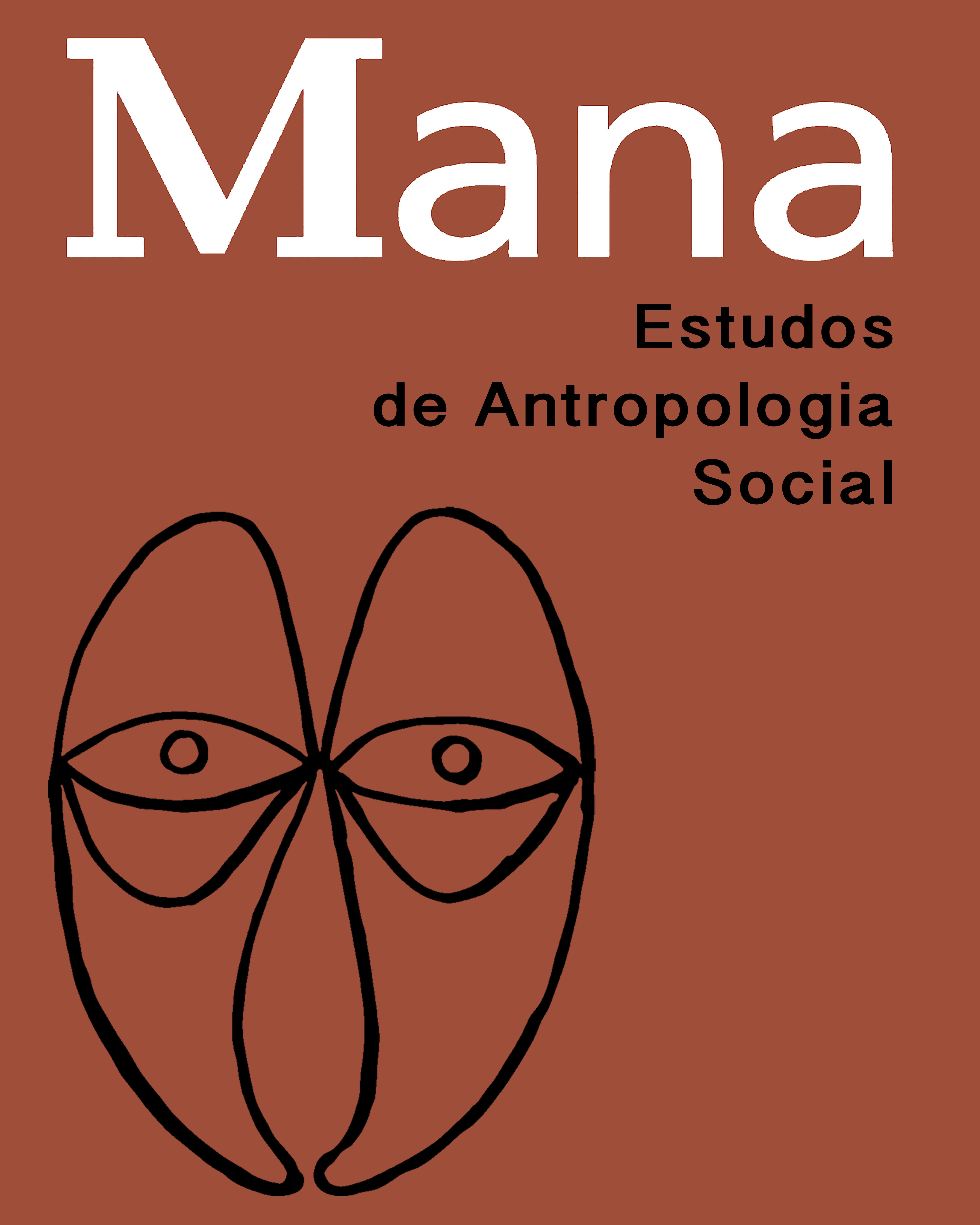In the present article, I begin by inquiring about the relative inability of Brazilian evangelical Christians to utilize "culture as a weapon". While agents of other religions - and in particular Catholics and members of African-Brazilian religions - have negotiated a certain subordination of the "religious" to the "cultural" as a strategy of increasing their ecognittion and social legitimacy by including themselves in the set of "cultures" which make up the nation, Evangelical Christians have ended to develop extenalist relationships with the cultural policies proposed by the state and by transnational secular agencies. Based on ethnographic data, the present article suggests that the hesitations and ambiguities of the Evangelicals with regards to these politics are related to a more basic engagement with the production of "partial universalisms". In other words, I argue that is a constituitive part of Evangelical Christian culture to maintain tense linkages of acceptance or rejection with those visions of the world that are conventionally accepted within this context.
Evangelical Christians; Memory; Cultural politics; Religious diversity; Partial universalism
